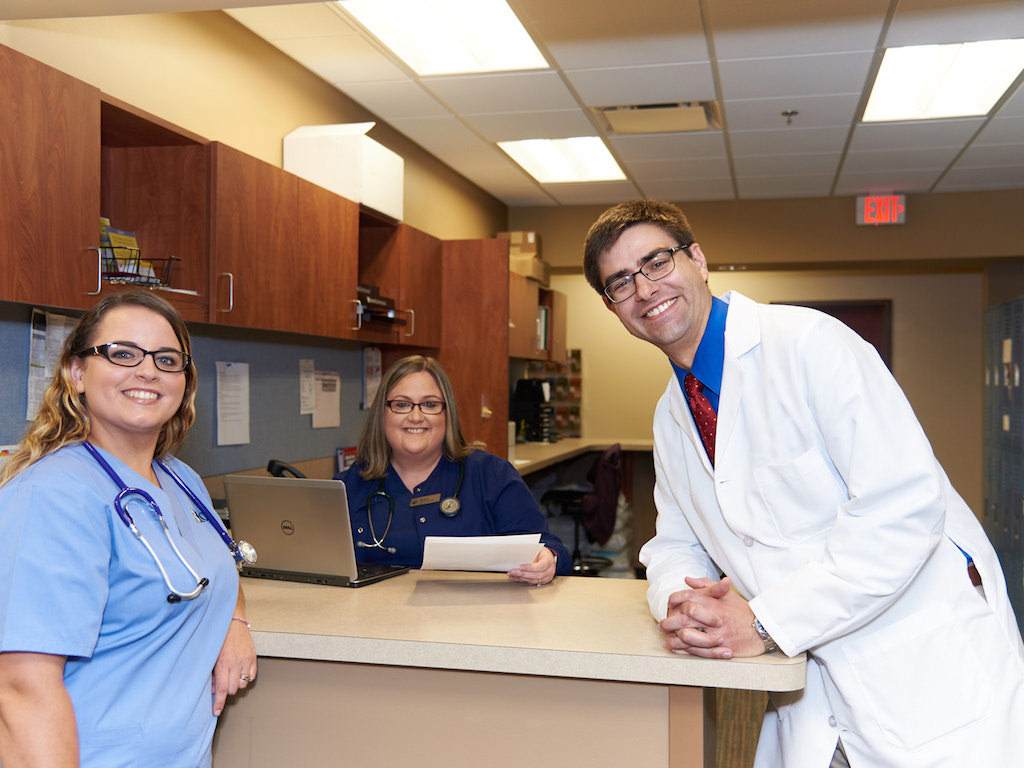 As the use of Electronic Health Records (EHRs) increases across the healthcare field, so too increases the need for those skilled in using them. For many physicians and other healthcare professionals that have for many years used paper records, the transition to the use of EHRs can be somewhat intimidating. Also, the efficiency that should be gained through their use can be lost during the learning process. Although EHRs have changed the industry for good, the problem of the learning curve has demanded a solution. For many facilities, the solution has been found in the use of medical scribes.
As the use of Electronic Health Records (EHRs) increases across the healthcare field, so too increases the need for those skilled in using them. For many physicians and other healthcare professionals that have for many years used paper records, the transition to the use of EHRs can be somewhat intimidating. Also, the efficiency that should be gained through their use can be lost during the learning process. Although EHRs have changed the industry for good, the problem of the learning curve has demanded a solution. For many facilities, the solution has been found in the use of medical scribes.
Scribes are able to provide a vast array of benefits to medical offices, hospitals, clinics, emergency departments, and other healthcare facilities. These healthcare professionals are able to support physicians as they care for patients. They do so by acting as EHR professionals: documenting patient information, retrieving diagnostic results, and navigating the EHR. This allows providers to spend more time with patients, confident that they are getting the best information for each one.
In a typical office or hospital setting, a scribe accompanies the physician into the patient room or exam room to document the interaction. In other situations, doctors may dictate the patient information, diagnoses, and prescriptions to the scribe. The scribe then is able to put together and enter into the EHR all of the patient information from other sources like labs, radiology results, nursing notes, prior records, and more.
The use of medical scribes have been found to improve productivity, physician satisfaction, patient interactions, and even revenue. Some of the necessary job skills for a healthcare professional acting as a scribe are:
- Spelling precision
- Keyboarding skills
- Relational skills with patients, physicians, and other healthcare professionals
- Strong verbal skills
- Excellent medical terminology understanding
Obviously, scribes must also have a strong understanding of the EHR. That way they are able to efficiently and accurately record and retrieve information for physicians and patients to help save time and improve the patient experience. Medical scribes basically act as personal assistants to physicians, shadowing them and recording information to free them to focus on patient care. This provides the opportunity for those that break into this new career field to work very closely with providers and other healthcare professionals, giving them an unprecedented level of exposure to medical practice.
